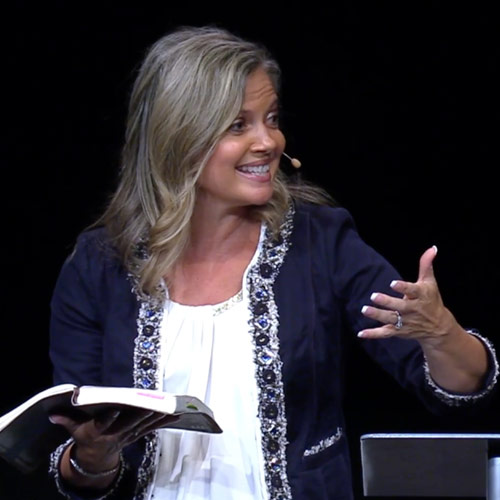The Power of Gratitude
Rejoice always, pray without ceasing, give thanks in all circumstances; for this is the will of God in Christ Jesus for you. 1 Thessalonians 5:16-18
Sometimes gratitude hurts.
Life isn’t always kind, and when we find ourselves struggling over circumstances we wouldn’t choose, we don’t naturally feel grateful. In fact, we tend to get angry. Even bitter.
Yet our opening scripture suggests that God desires for us to give thanks in all circumstances. Every one. That includes the good and the bad.
This is the will of God in Christ Jesus for you, beloved. Gratitude.
Why would gratitude be so important to God? Perhaps the next verse offers some insight.
Do not quench the Spirit. Verse 19
Ingratitude stops the flow of the Spirit, hindering God’s work in our midst. Praise and thanksgiving, on the other hand, release God’s Spirit to move.
Ingratitude stops the flow of the Spirit in our lives. Gratitude releases it. Click To Tweet
You see, thanksgiving carries us into His presence.
Enter His gates with thanksgiving, and His courts with praise! Give thanks to Him; bless His name! Psalm 100:4
When we choose gratitude—even when we’re hurting or don’t understand our present circumstances—we choose to enter into God’s goodness. That choice—to focus on what is good instead of what’s presently lacking—removes the enemy’s power and invites God in. You see, perspective is everything.
“The eye is the lamp of the body. So, if your eye is healthy, your whole body will be full of light.” Matthew 6:22
According to Jesus, how we view something directly relates to what we experience in our body. The light we long for comes from seeing with a healthy perspective. Unfortunately, the opposite is also true. When we view things through a faulty lens—the lens of negativity—our body takes on the darkness of our wrong perspective. It actually gives the enemy a position of power in our lives—and permission to torment us.
“But if your eye is bad, your whole body will be full of darkness. If then the light in you is darkness, how great is the darkness!” Matthew 6:23
I wonder, dear one, if you wrestle with the pull of the darkness in your own life. Hopelessness, anxiety, and depression are crippling lives in greater measure than we’ve ever seen, particularly within the body of Christ.
Yet we have this promise about our Savior,
In Him was life, and the life was the light of men. 5 The light shines in the darkness, and the darkness has not overcome it. John 1:4-5
Do you want to live the overcoming promises of God’s Word, beloved? Do you want to dwell in the power of the light? Choose gratitude. Find something to be thankful for, and dwell on that. Let your lips offer a sacrifice of praise, especially during times of sorrow. You will discover that gratitude ushers you into the presence of God.
I’ve watched this happen in the life of my mother-in-law over the last couple of years.
Pain in her body has kept her from doing many of the things she loves to do. She spends most of her days at home. Hurting. But I have watched a sweet peace fall over her, as she’s chosen not to dwell on what she’s lost, but rather all that she has.
She tells me, “I have so much time, time to think of all the blessings God has given me. My beautiful family. His faithfulness to us.”
And I’ve watched a beautiful miracle unfold through her. You see, the presence of God falls on her and flows through her when she speaks. A friend of mine visited her recently wanting to encourage her. Instead, she was profoundly blessed by the encouragement she received! God’s presence flowed to my friend and lifted her own weary heart.
Why? Because my mother-in-law has spent the last years dwelling in the courts of her King. Her gratitude ushered her through His gates, allowing Him to minister to her soul. And that allows Him to show up without her even trying. Her heart is already engaged with His, and He’s right there, ready to give.
When our hearts stay engaged with God's Spirit, He shows up without our even trying. Click To TweetAs we celebrate this Thanksgiving season, I wonder if we can go a little deeper. Beyond pumpkins and lovely wooden signs declaring thanks, what if we engaged our hearts? Let’s fill our bodies with light as we look at our lives through the lens of gratitude and declare our thanks to the Giver of every good gift.
As you enter His courts with your praise, He may just surprise you.







